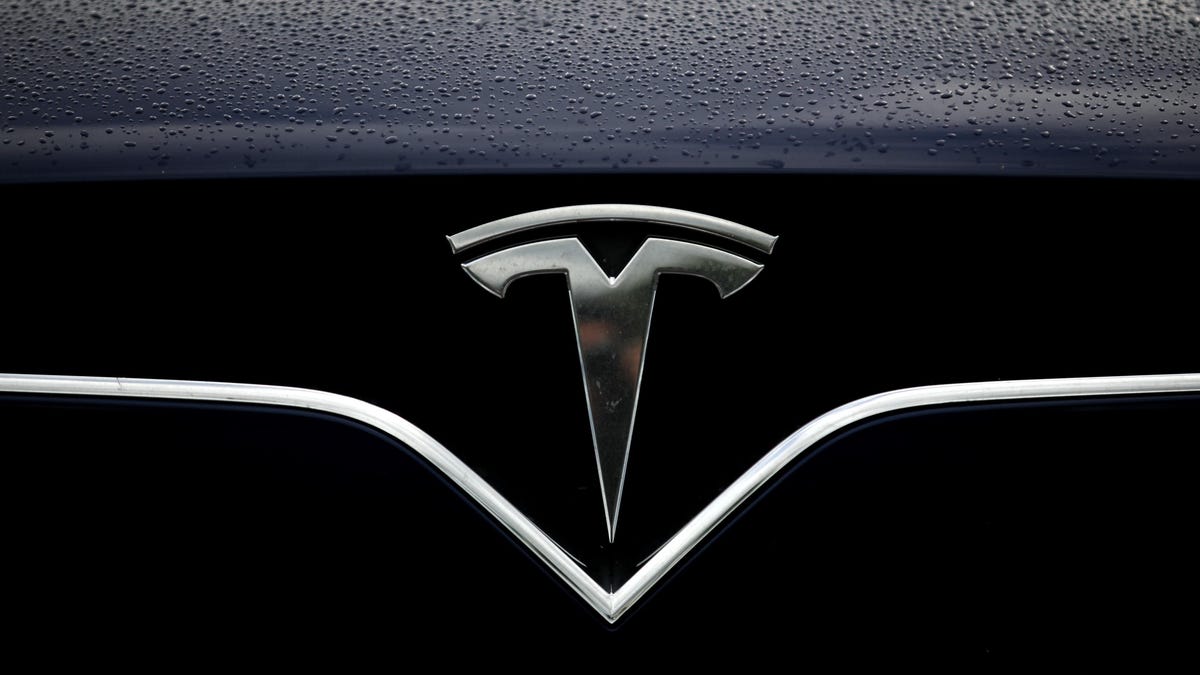
Elon Musk’s bonkers Twitter behavior has landed Tesla in hot water yet again. This time, it’s with JPMorgan Chase, which sued the auto manufacturer in Manhattan federal court on Monday for a hefty $162 million over the chaos that ensued following the Tesla CEO’s now-infamous “funding secured” tweet back in 2018.
The full lawsuit—which you can read for yourself here—stems from a 2014 arrangement between Tesla and JPMorgan that saw the bank buy a set of “stock warrants” from the automaker. The general gist of these warrants is that they give an investor (like JPMorgan) the right to buy shares of a given company (like Tesla) at a predetermined price on a predetermined date.
In this case, the warrants that JPMorgan bought in 2014 were set to expire in June and July of 2021. When that deadline hit, the lawsuit explains, one of two things was expected to happen. If the summer deadline came around and Tesla’s stock price was lower than the strike price ($560.64), Tesla would leave the deal without owing anything to JPMorgan. But if the stock price was higher than the strike price, then Tesla would be obligated to fork over a certain number of shares, or a certain sum of cash.
All of this is a pretty cut and dry deal as far as investments are concerned, but Musk threw a massive curveball into the case in August of 2018 when he tweeted that he was “considering taking Tesla private at $420,” and that “funding [was] secured” in order to do so. Eventually, an SEC investigation would ensue. It found that hardly any of the details behind the proposed deal were actually true, and it slapped Musk with a fraud charge.
But before that (very messy) legal battle came to light, JPMorgan just saw a volatile company with a volatile stock price, and it kindly lowered the aforementioned strike price to a very reasonable $424.66.
About two weeks later, Tesla threw another curveball into the deal when it very publicly backed out of its plans to go private. So JPMorgan adjusted the strike price again, this time settling on $484.35. According to the suit, Tesla didn’t offer “any specific objection,” to the price when JPMorgan laid out the rationale over several conference calls. After those calls, the suit explains, Tesla “did not communicate further” with the bank for six months straight—so JPMorgan kept assuming their arrangement (and the new strike price), was kosher.
Apparently, Tesla didn’t see it that way. After those six months, the suit notes, Tesla’s lawyers sent JPMorgan a complaint that its price adjustments were “unreasonably swift,” and “represented an opportunistic attempt to take advantage of changes in volatility in Tesla’s stock.” JPMorgan responded with a letter of its own to reject those allegations, to which Tesla never responded.
In fact, as the suit notes, the automaker didn’t “raise any further objections” about the deal for two years straight, while the company’s stock continued to surge in the background. By the time the warrant expired, the suit notes, Tesla was squarely “in the money”—meaning that Tesla needed to fork over those finances under their contract. But when JPMorgan contacted Tesla about their arrangement, the suit notes that Tesla “renewed its objections to the Adjustments,” and “refused to settle in full.”
This brings us to the suit that was filed this week. JPMorgan claims that Tesla still owes the bank 228,775 shares that were worth roughly $162,216,629 this past August when JPMorgan terminated their initial agreement.
Musk still hasn’t publicly acknowledged the suit nearly a day after it was filed, but to be fair, the CEO has been busy these past few days. He’s still engaging in a bizarre beef with Bernie Sanders over Twitter while offloading frankly obscene amounts of Tesla stock—roughly seven billion dollars worth, to be precise. Musk implied over Twitter that the move was related to the taxes that he barely pays, but the truth is that he’s been planning to offload those stocks for months, because his options were set to expire. And with Tesla’s stock price up 136% in the last year, well, it’s just a great time to take the money and run.
